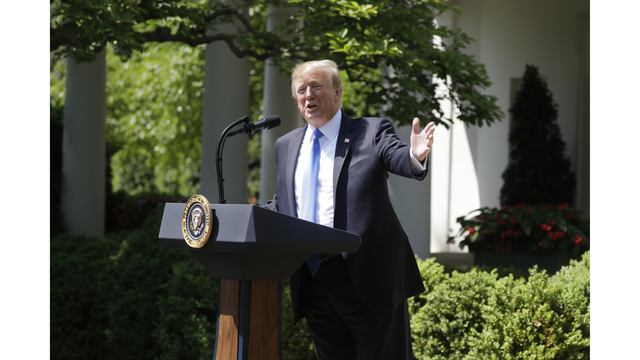I’m not a fan of the National Day of Prayer.
Not that I oppose prayer, but the day is an occasion to put the nation in a sacred spotlight, linking God and America in a way that ends up whitewashing the character of the nation. Phrases like “one nation under God” and “the freedom of religion” and “in God we trust” inevitably find their way into the celebrations. Words of scripture are frequently heard but usually abused for the purpose of the adoration of America.
The public prayers offered at National Day of Prayer celebrations are rarely prayers for the victims of misguided policies of the nation. Prayers are seldom heard for refugees turned away at the southern border, for those tortured and oppressed by nations regarded as “friends” to the U.S., or for those killed and maimed by the endless American wars largely fought for economic interests. Prayers for national repentance — except for those by the Religious Right that reference abortion — tend to be missing.
The National Day of Prayer is America-centric. Though people of a variety of faiths may come together, the umbrella under which they huddle is America, not God.
The religion of American nationalism is at play, sometimes subtly, often blatantly, but invariably. If the crowds are asked to join voices to sing songs or to recite words, these will not be lyrics or phrases that can equally be uttered by faith-filled peoples of every nation, but only by Americans. The “unity” of the National Day of Prayer does not include all people of faith but only all people who have faith in America.
This year, the president of the United States ensured that the National Day of Prayer was not only America-centric but Trump-centric.
In Trump’s speech for the occasion, he made outrageously false, self-glorifying claims. Apparently, before he was elected, God was going down for the count! People couldn’t even openly say the word “God.” He declared that “people are so proud to be using that beautiful word ‘God.’ And they’re using the word ‘God’ again, and they’re not hiding from it. And they’re not being told to take it down, and they’re not saying, ‘We can’t honor God.’ In God, we trust. So important.”
Trump also took the opportunity on the National Day of Prayer to claim he is the president who saved Christmas! He claimed that before he took office “people were not allowed or in some cases, foolishly ashamed to be using in stores ‘Merry Christmas, Happy Christmas.’” But now — rejoice! — these words can again be heard instead of the lame words, “Happy holidays!” He continued: “Take a look at your stores nowadays. It’s all ‘Merry Christmas’ again. They’re proud of it. I always said, ‘You’re going to be saying “Merry Christmas” again.’ And that’s what happened.”
Trump also claimed he gave religious organizations freedom of speech they previously didn’t have. Specifically, he said he put an end to the Johnson amendment, a federal law that restricts houses of worship, charitable nonprofits, and private foundations from officially endorsing, opposing, or financially supporting political campaigns and parties. The thing is he actually didn’t do it. He tried but failed.
Trump did sign an executive order in 2017 that makes it modestly easier for churches to participate in politics. But it is vague and not nearly as broad in its changes as Trump claims. Trump hoped to further empower religious conservatives who have strongly supported him.
To his credit, Trump also said, “We will fight with all our strength and everything that we have in our bodies to defeat anti-Semitism, to end the attacks on the Jewish people and to conquer all forms of persecution, intolerance and hate.” Unfortunately, there is little evidence he extends this commitment to Muslims.
To the contrary, to an appalling degree, Trump has given voice to anti-Muslim bigotry. Among well-known examples are his false claim that “thousands and thousands” of Muslims cheered in New Jersey when the World Trade Center collapsed on September 11, 2001. Trump declared, “I think Islam hates us.” He has repeatedly spread hate and suspicion and has sought to restrict Muslims from entering the U.S.
But with or without a Trump-flavoring, the National Day of Prayer is part of a nationalistic liturgy that seeks to shape our affections and call forth loyalty — not to the God of all but to the god who has a particular attachment to the United States of America. And that god is not one worthy of the devotion of those who claim to follow Jesus.

